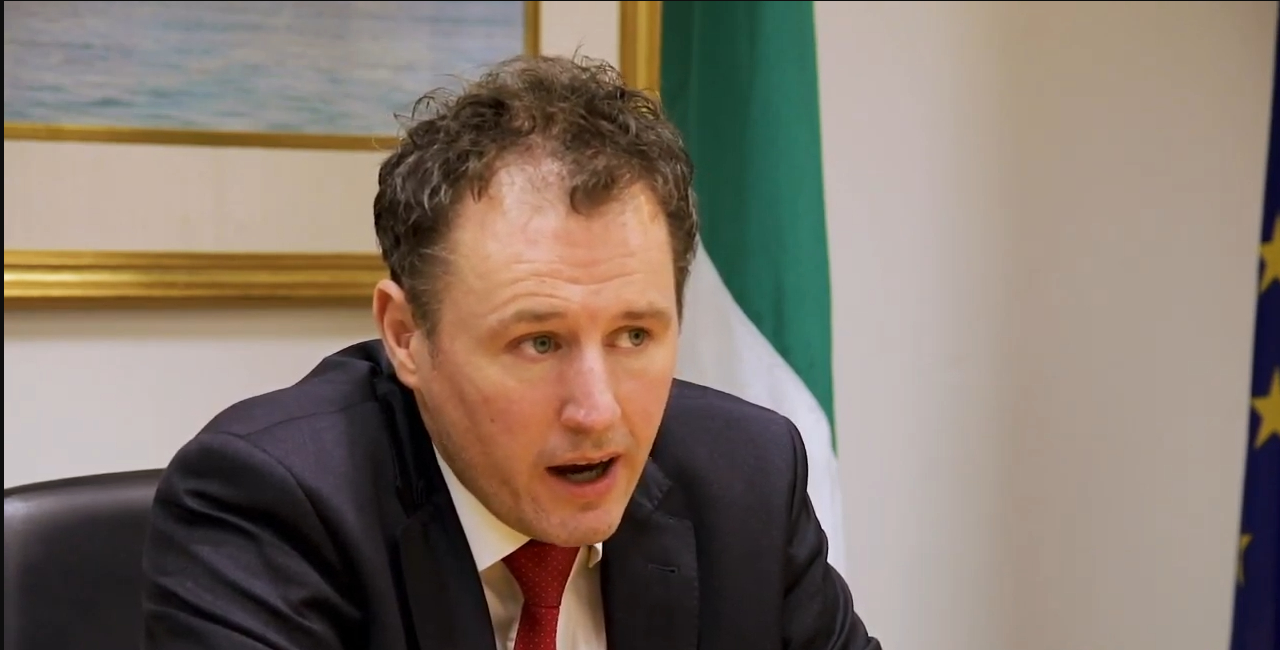The Minister for Agriculture, Food and the Marine has confirmed that the silage support scheme will not be open to dairy farmers.
Charlie McConalogue said that he received “very strong support” from his Cabinet colleagues when they discussed the proposed measure this evening (Tuesday, May 3).
The minister said that work will continue in the coming weeks to finalise the details of the package before it is officially launched.
McConalogue told Agriland that he wanted to bring certainty to farmers of the supports that will be there for them.
“Obviously, it is a very challenging year from a cost point of view and one of our key objectives has to be to grow as much grass this year to ensure we are fodder secure for next winter and spring,” he said.
Silage support scheme
The minister confirmed that the scheme would reward farmers with a €100/ha payment for all silage cut up to a maximum of 10ha.
This would result in farmers being eligible to receive up to €1,000 each.
The funding will be sourced from the national exchequer. Although the budget is still being finalised it is anticipated the scheme could cost €55 million.
“The clear message I have for all farmers now is that this support will be there. It will be paid later in the year but it will be paid on grass that is growing now,” the minister explained.
Farming organisations generally welcomed the scheme but said that it is not enough to help farmers with rising input costs.
“You can’t address all the cost challenges that are there but I think €1,000 for your average farm is a really significant contribution to the challenges facing farmers,” Minister McConalogue responded.
“We don’t have the assurances we had in previous years that there will be grain supply available next spring. So it is very important that every farmer looks at their own situation; when they plan their breeding that they also plan their feeding,” he added.
Beef and sheep
The minister explained that the new scheme is specifically designed to incentivise beef and sheep farmers to maximise the saving of fodder, whether it is silage or hay.
McConalogue confirmed to Agriland that the scheme would not be open to dairy farmers.
He pointed to research carried out by Teagasc for the National Fodder and Food Security Committee showing that “the real fodder challenge” exists for small and medium-sized beef and sheep farms.
The minister said that evidence suggests similar silage quantities to previous years are being sown on dairy farms. He added that record milk prices are helping to address the additional farm costs.
He noted that if any sector has insufficient supply, there is an impact on the entire market for fodder.
“This is not something about spreading it across all sectors, it is about identifying where we can actually get the maximum return in relation to putting funding in,” McConalogue said.
